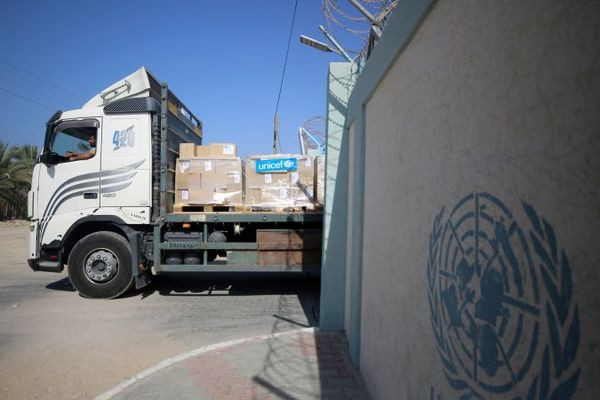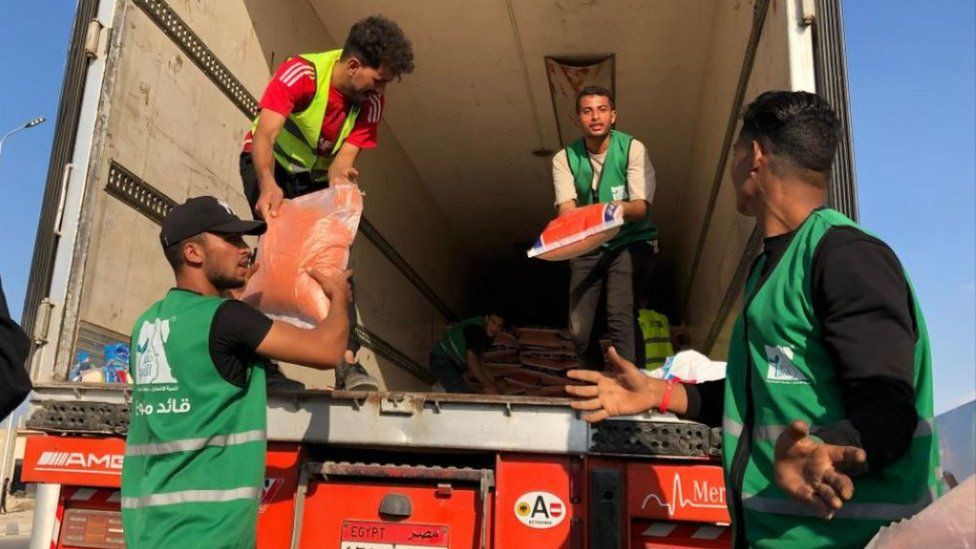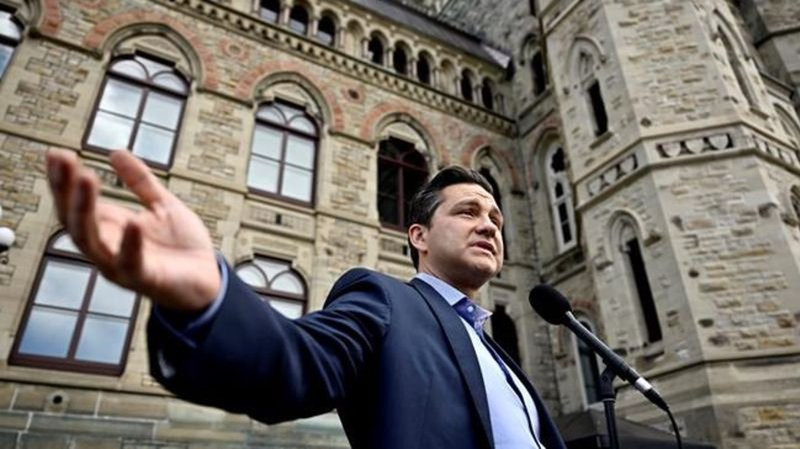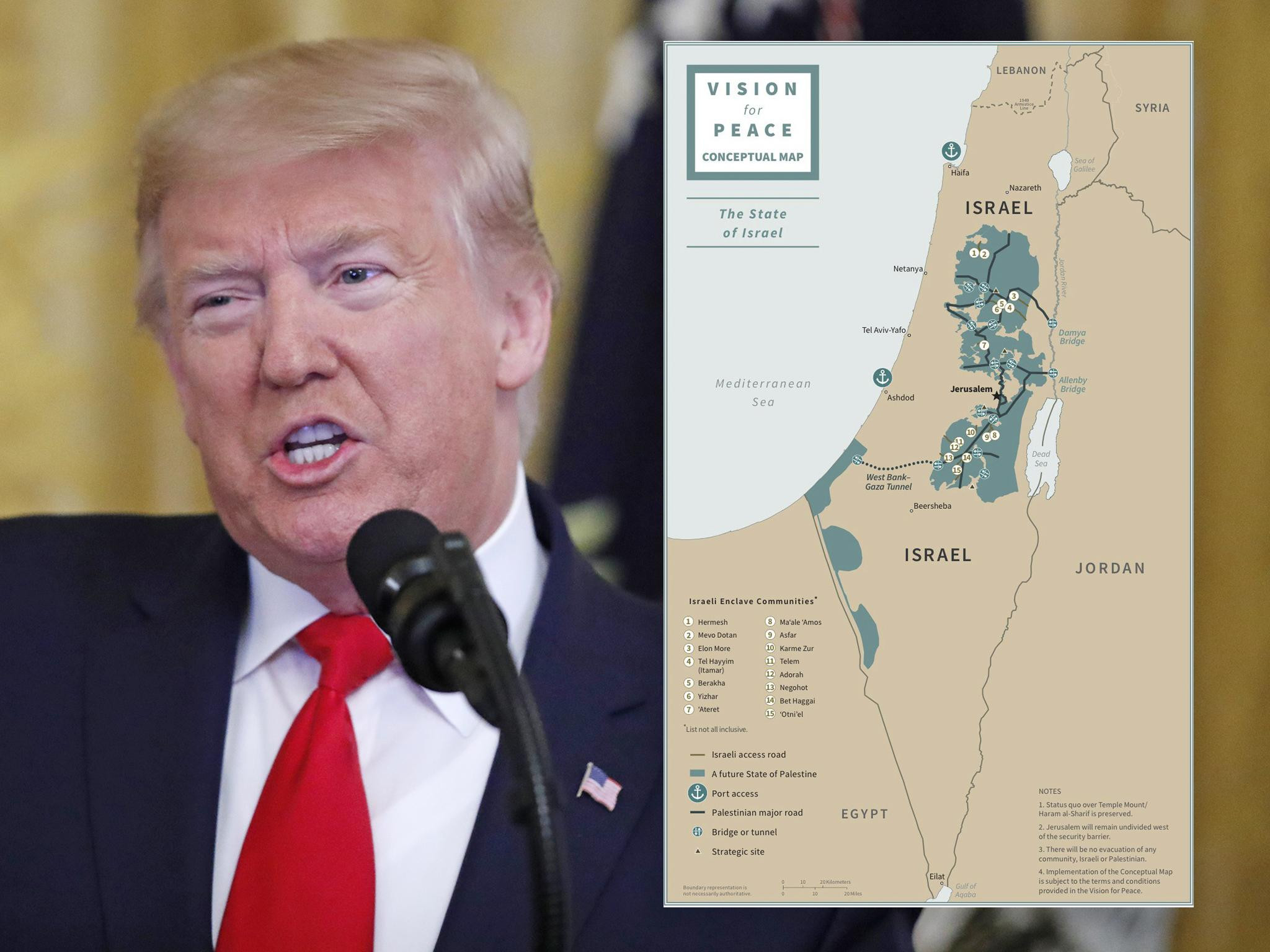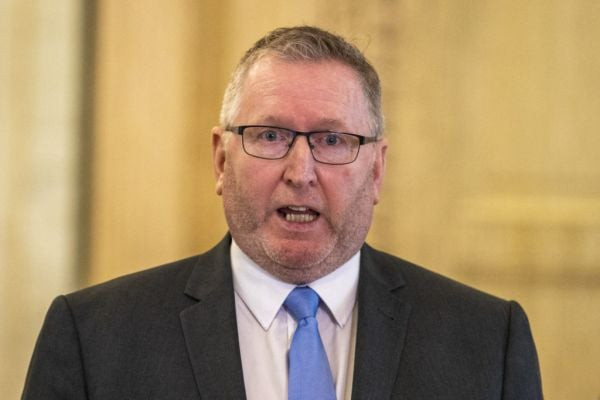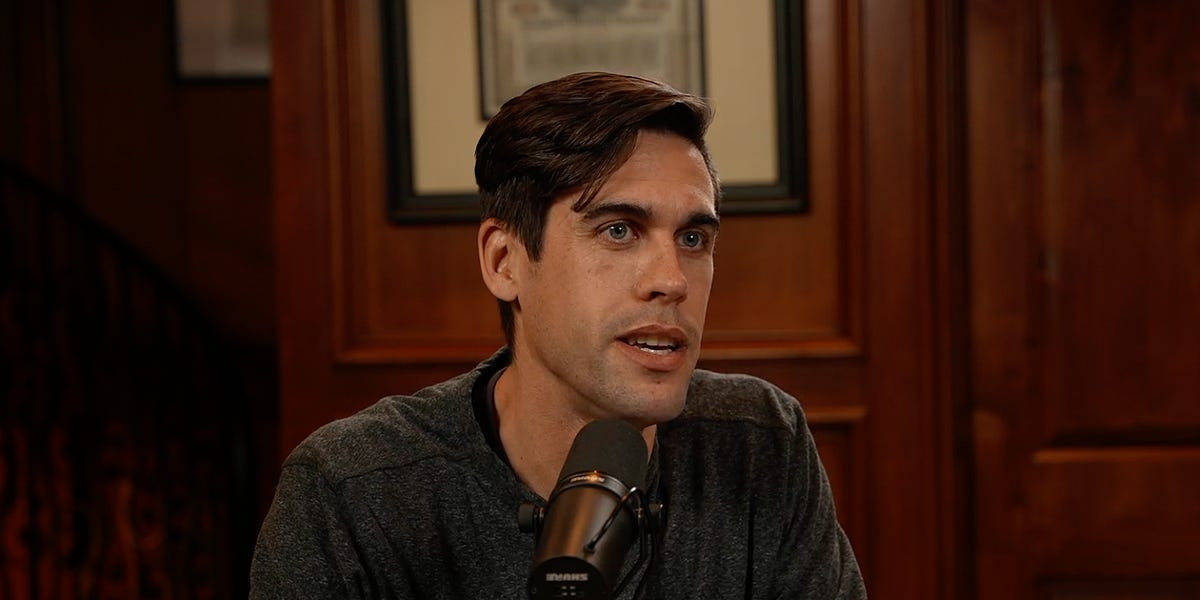The United Nations has issued a dire warning, stating that 2023 witnessed the highest number of aid worker fatalities ever recorded, with over 280 aid workers losing their lives across 33 countries. This alarming figure represents a staggering 137% increase compared to 2022, when 118 aid workers were killed. The UN's Office for the Coordination of Humanitarian Affairs (OCHA) attributes this grim milestone primarily to the ongoing Israel-Hamas war in Gaza, where more than half of the 2023 deaths occurred during the first three months of the conflict. The majority of these deaths resulted from Israeli airstrikes targeting the Gaza Strip.
The Toll of Conflict: A Grim Reality
The UN's acting emergency relief coordinator, Joyce Msuya, has expressed deep concern over the alarming trend of violence against humanitarian workers, describing it as “unacceptable, unconscionable and enormously harmful for aid operations everywhere.” The organization cites the Aid Worker Security Database, which has been tracking these figures since 1997. This database reveals a disturbing pattern of escalating violence against aid workers, with 2024 poised to surpass 2023 in terms of fatalities. As of August 7, 2024, 172 aid workers have been killed globally.
The Deadliest Zones
The Gaza Strip stands as the most perilous location for humanitarian workers. The war between Israel and Hamas has claimed the lives of over 280 aid workers since October 2023, with the majority being employees of the UN agency for Palestinian refugees (UNRWA). Following closely are South Sudan and Sudan, both ravaged by internal conflicts. South Sudan has witnessed 34 aid worker deaths, while Sudan has recorded 25, highlighting the extreme levels of violence in these regions. Other high-risk areas include Israel, Syria, Ethiopia, Ukraine, Somalia, Myanmar, and the Democratic Republic of Congo.
World Humanitarian Day: A Call for Action
On World Humanitarian Day, celebrated annually on August 19, the UN and its partner organizations are urging global leaders and warring parties to take decisive action to protect aid workers and civilians caught in the crossfire. The UN Secretary-General, Antonio Guterres, has called for an end to impunity for perpetrators of violence and disinformation campaigns against humanitarians, emphasizing the need for accountability. The UN’s acting emergency relief coordinator, Joyce Msuya, has echoed this call, urging “people in power act to end violations against civilians and the impunity with which these heinous attacks are committed.”
A Collective Plea
A joint letter signed by 413 humanitarian organizations worldwide has been sent to UN member states, calling for enhanced protection of civilians and aid workers. The letter underscores the urgent need to hold perpetrators accountable for violating international humanitarian law, emphasizing that such violations cannot go unpunished. The letter emphasizes that “turning a blind eye when humanitarian workers are targeted only emboldens those who seek to hinder their work.” This, the letter argues, only serves to exacerbate food insecurity, childhood malnutrition, involuntary displacement, and the spread of infectious diseases, with far-reaching consequences beyond conflict zones.
The Fight for Humanity: A Collective Responsibility
The UN’s call for action emphasizes the crucial role that international organizations, governments, and individuals must play in protecting humanitarian workers and upholding the principles of human rights. The humanitarian community faces a critical juncture, with the escalating violence against aid workers threatening to undermine their ability to provide life-saving assistance to those in desperate need. The challenge lies in ensuring a safe and enabling environment for humanitarian workers to operate effectively. This requires a collective effort to prioritize accountability, promote respect for international humanitarian law, and foster a culture of protection for those working to alleviate suffering in the face of conflict. As the UN and its partners continue to advocate for the safety of aid workers and the protection of civilians, the international community must answer this call with concrete actions. Only through a united effort can we ensure the safe delivery of humanitarian assistance and uphold the fundamental principles of humanity in a world torn by conflict.




